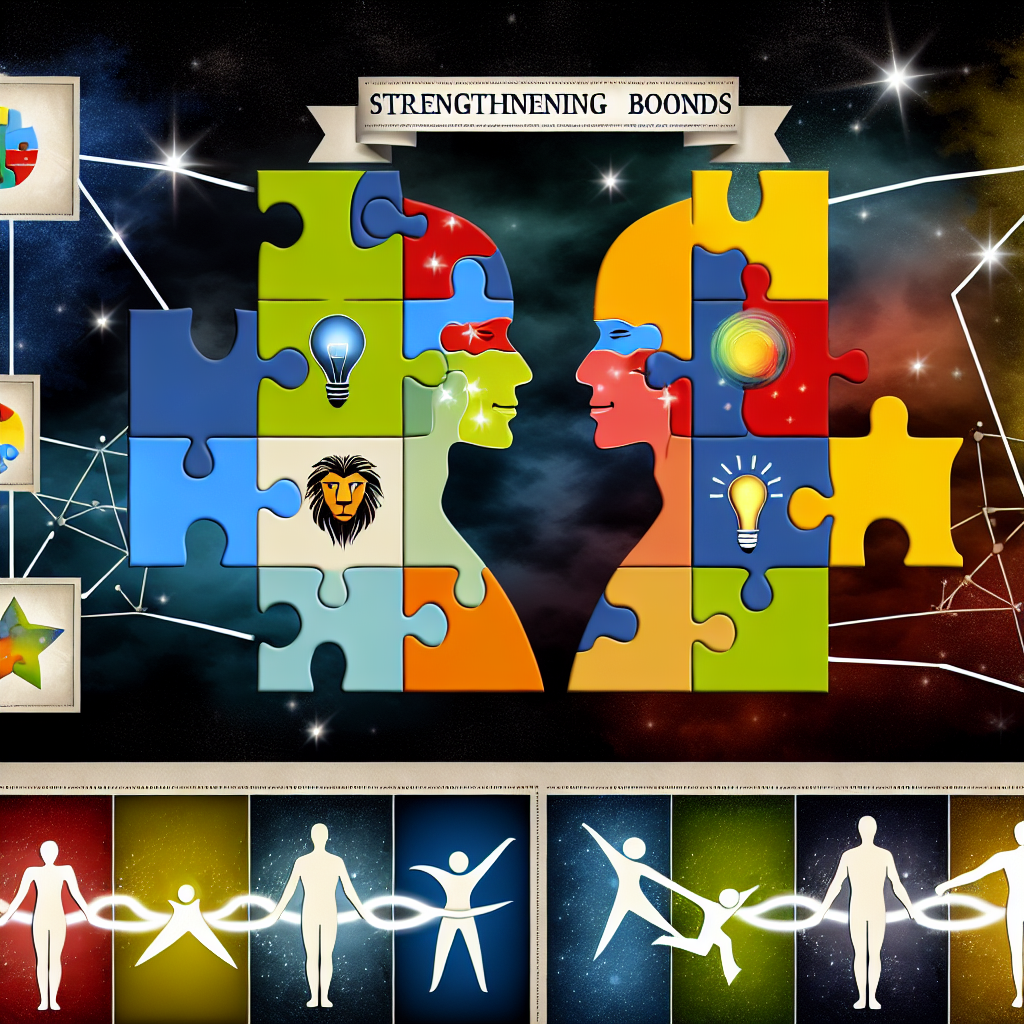Background Check Ethics in Modern Dating
Introduction
In the digital age, dating has become more accessible than ever, with the rise of apps and online platforms making it easier to connect with potential partners. However, the convenience of modern dating also comes with risks. With headlines filled with stories of romance scams, catfishing, and even serious safety concerns, many singles are turning to background checks as a precautionary measure. But this raises an important ethical question: Is it appropriate to investigate someone’s background without their knowledge?
The idea of conducting a background check on a potential romantic partner is not entirely new. In previous generations, people relied on community knowledge, family, or mutual acquaintances to vouch for a person’s character. Today, with vast amounts of personal information available online, individuals can easily access public records, criminal histories, social media footprints, and even credit reports. Some dating apps, such as Tinder and Match, have even partnered with background check services to provide quick screenings. While this access to information can add a layer of security, the practice also raises ethical concerns about privacy, consent, and trust in relationships.
For singles from their 20s to their 80s, dating safety is a key priority. Some argue that background checks empower individuals to make informed decisions, especially when dating strangers from online platforms. Others believe that excessively digging into someone’s past without their consent violates privacy and undermines the natural process of getting to know a person. Where do we draw the line between personal safety and ethical responsibility?
As we navigate the evolving world of modern dating, it’s essential to examine both the benefits and ethical dilemmas associated with conducting background checks. Should singles be upfront about checking someone’s history, or is discretion acceptable when safety is a concern? This article explores the ethical questions surrounding background checks in dating and provides insights from professional and medical studies on their psychological impact.
The Ethical Dilemma: Safety vs. Privacy in Dating
Research in psychology and relationships suggests that trust is one of the fundamental pillars of a healthy and successful romantic relationship. A study conducted by the Journal of Social and Personal Relationships found that privacy and autonomy play crucial roles in fostering mutual trust. When someone secretly conducts a background check on a potential partner, it can create a power imbalance in the relationship. The person performing the check gains access to information about the other without reciprocation, which can lead to ethical concerns over fairness and transparency.
A 2021 study from The Pew Research Center on online dating safety found that:
– 28% of online daters admitted to looking up someone’s criminal record
– 41% searched for information about a potential match’s past relationships and social media activity
While these actions were primarily motivated by security concerns, many participants admitted feeling guilty about invading another person’s privacy. This reflects the growing tension between safety and ethical considerations in the dating landscape.
When Background Checks Go Too Far
On the other hand, relationship therapists often recommend taking reasonable precautions when meeting someone new, particularly in online dating. Dr. Helen Fisher—a biological anthropologist and senior research fellow at the Kinsey Institute—suggests that some degree of background verification can be beneficial, particularly for vulnerable populations such as:
– Women
– Elderly individuals
– LGBTQ+ daters
These groups statistically face higher risks of encountering fraud or harm. However, Dr. Fisher also emphasizes transparency—if someone feels the need to run a background check, they should consider discussing their concerns with their date before making assumptions based on the findings.
Furthermore, medical research on trust and anxiety in relationships indicates that constant suspicion or digging into a partner’s past can fuel unnecessary anxiety. According to a study published in the Journal of Anxiety Disorders:
> Individuals who compulsively seek out information about others are more likely to develop trust-related anxieties, which can negatively impact their ability to form long-term, fulfilling relationships.
Relying too much on background checks can create a false sense of security, while also leading to misinterpretations of a person’s history.
The Dangers of Judging Someone Solely by Their Past
While it’s important to prioritize safety, ethical concerns arise when people judge potential partners without giving them an opportunity to explain or contextualize certain life events. Experts caution that:
– Outdated records may not accurately reflect a person’s current character.
– Identity mix-ups can occur in background checks.
– Misunderstood legal matters may paint an unfair or incomplete picture.
Imagine meeting someone you genuinely connect with—only to discard the relationship because of a minor past mistake that doesn’t define who they are today. Is that truly fair?
Striking the Balance: Transparency and Trust in Modern Dating
Navigating the ethics of background checks in modern dating is a complex issue that balances personal safety with privacy and trust. While staying informed about a potential partner’s past can help avoid dangerous situations, excessive or secretive background checks may undermine the fundamental trust needed for a healthy relationship.
How Can Singles Approach This Ethically?
✔ Evaluate your reasoning – Are you checking for safety or just curiosity?
✔ Be upfront – If you feel the need to check, discuss your concerns openly.
✔ Give people a chance – Context matters; don’t judge solely on past records.
✔ Rely on intuition and communication – A person’s present behavior speaks volumes.
Final Thoughts
Research suggests that open communication and mutual respect are essential when approaching this issue. Singles should consider whether their concerns are justified and, if necessary, be honest about their need for information.
By maintaining ethical boundaries and fostering transparency, daters can create meaningful connections built on trust rather than suspicion.
References
– Pew Research Center. (2021). Online dating safety and concerns.
– Fisher, H. (2016). The neuroscience of love and dating. *Kinsey Institute*.
– Journal of Social and Personal Relationships. (2020). Privacy, trust, and relationship success.
– Journal of Anxiety Disorders. (2019). Information-seeking behaviors and trust-related anxiety.
Summary:
The article explores the ethical considerations surrounding the use of background checks in modern dating. It highlights the tension between personal safety and privacy, and the impact on trust and relationship dynamics. The article suggests a balanced approach, where singles should consider their motivations, be transparent about their concerns, and give potential partners a chance to provide context. Open communication and mutual respect are emphasized as key to navigating this complex issue.

Dominic E. is a passionate filmmaker navigating the exciting intersection of art and science. By day, he delves into the complexities of the human body as a full-time medical writer, meticulously translating intricate medical concepts into accessible and engaging narratives. By night, he explores the boundless realm of cinematic storytelling, crafting narratives that evoke emotion and challenge perspectives. Film Student and Full-time Medical Writer for ContentVendor.com




